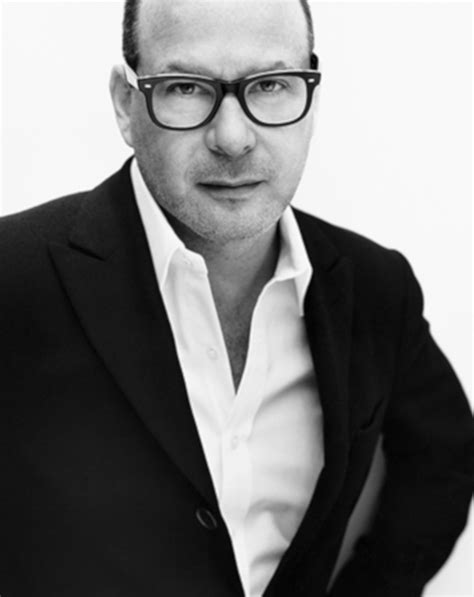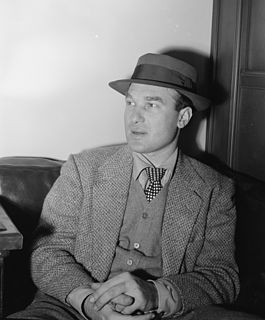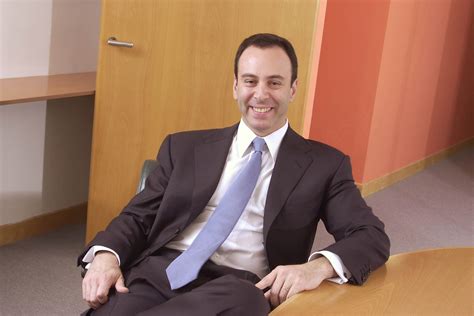A Quote by William H. Whyte
People very rarely think in groups; they talk together, they exchange information, they adjudicate, they make compromises. But they do not think; they do not create.
Related Quotes
I think that connection with humans is so important. Sometimes I'll do this monologue and talk to the crowd, like, 'Come on, let's really connect here.' I don't think a lot of people understand it's a two-way exchange. Some people go to a show and are like, 'Yeah, you make me feel.' That's not how it works.
I think sometimes you get too caught up in the business side, and you make compromises, and then the brand becomes unexciting. I think in the early stages you have to be bold. You have to define yourself. Everyone wants to understand who you are and why you're here. I think the best brands are forever surprising people.
































